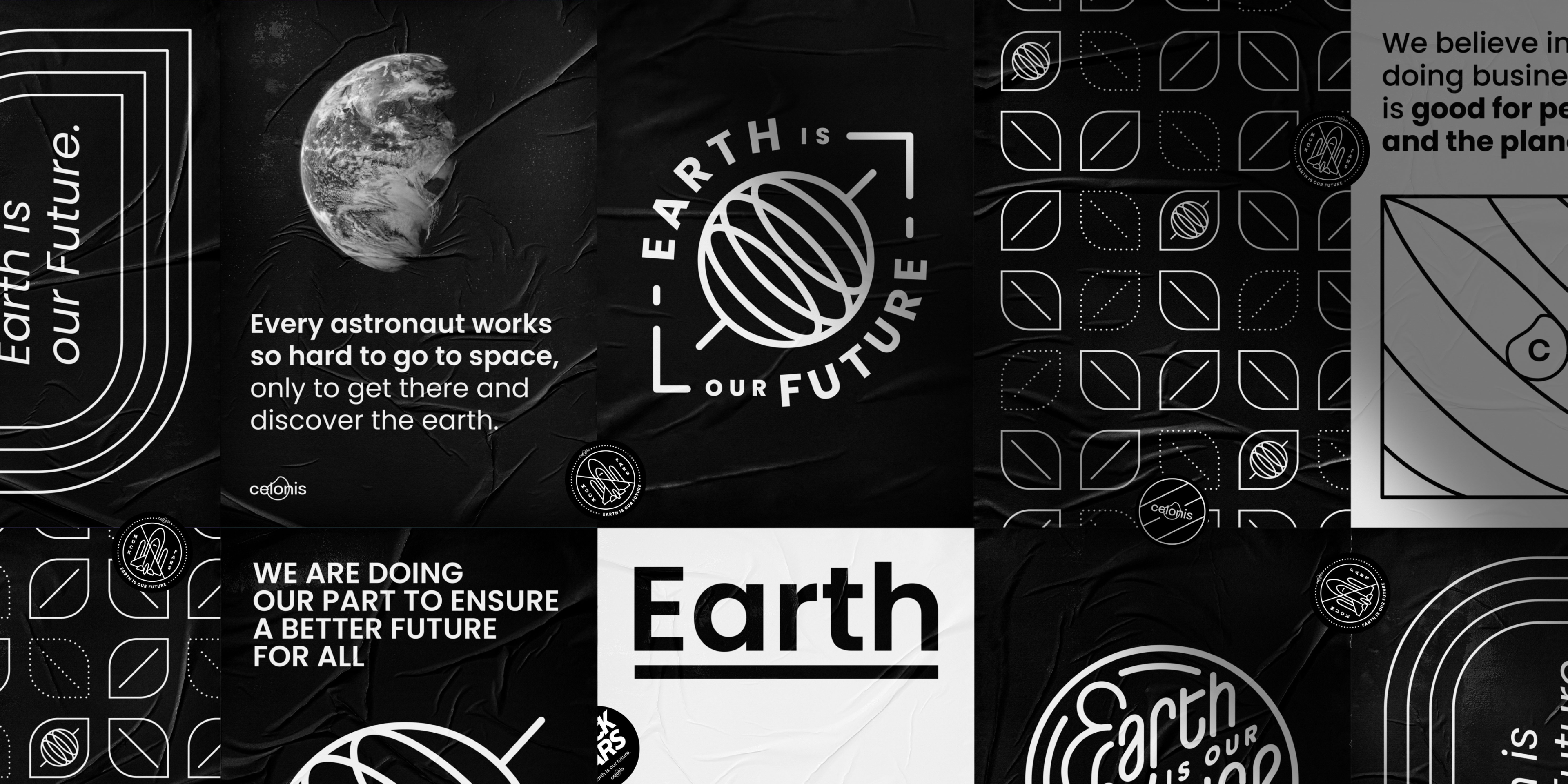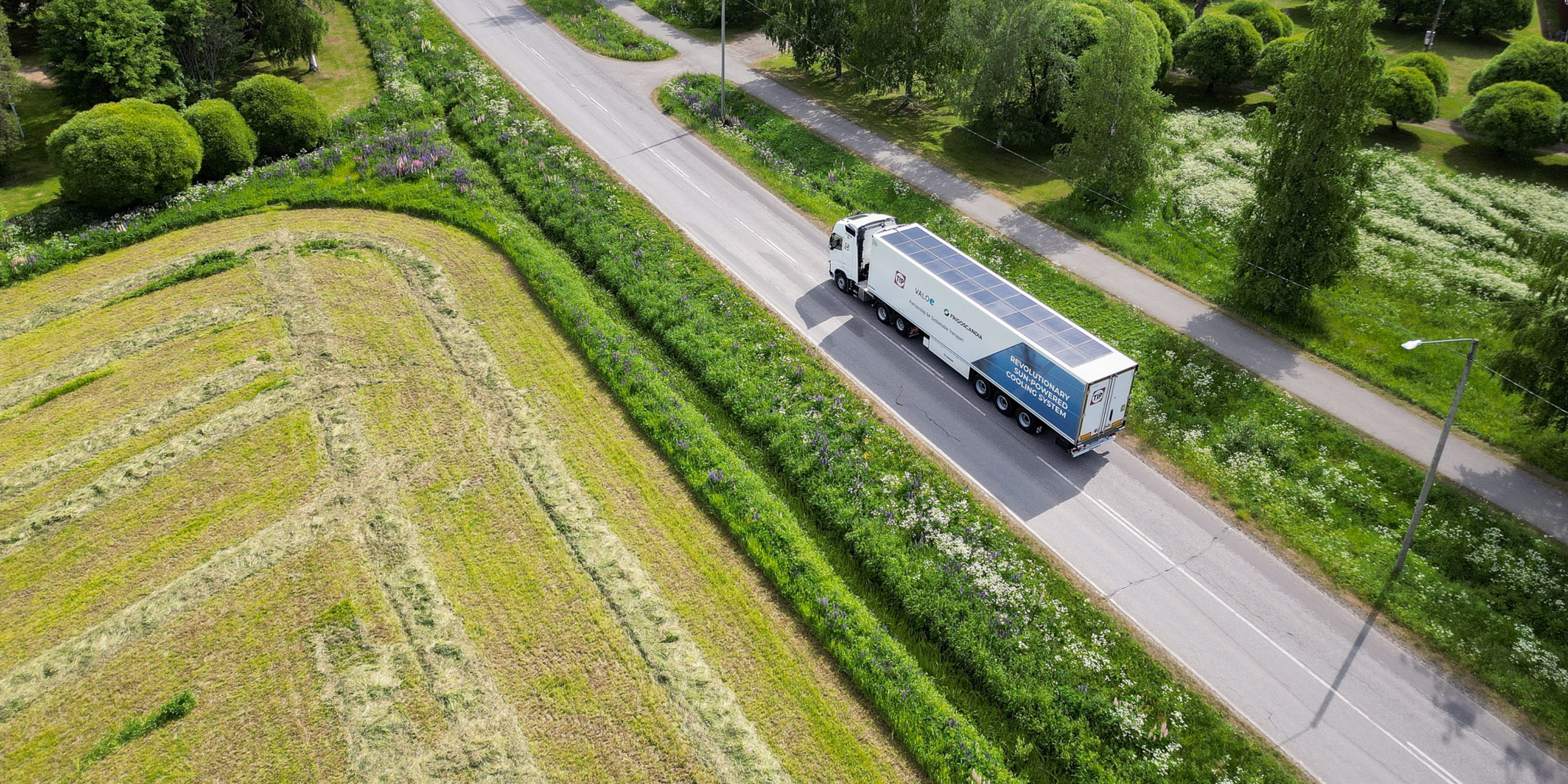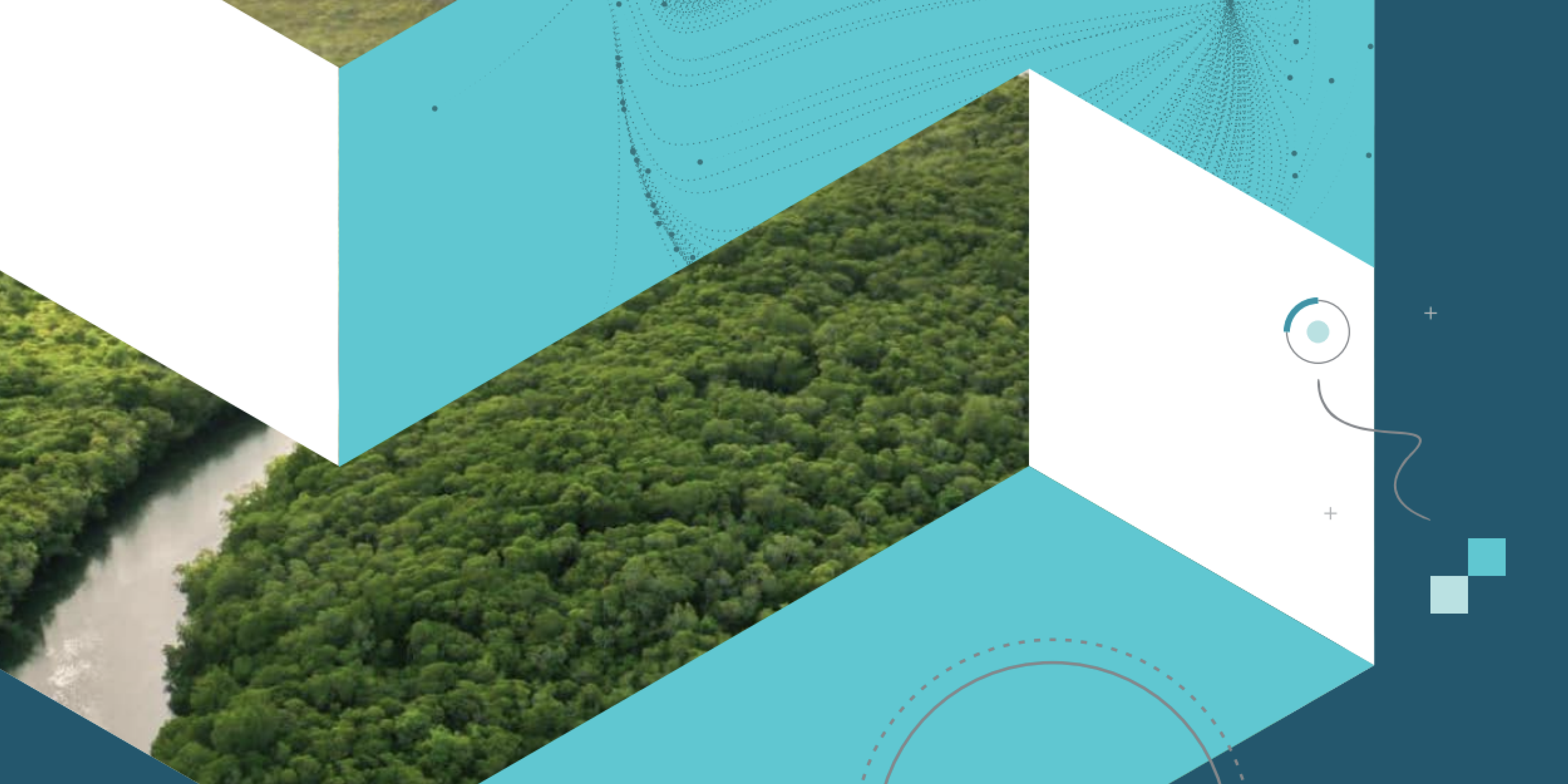Celonis, the pioneer and global leader in process mining, enables customers to optimize their business processes by running their business processes entirely on data and intelligence. Powered by its leading process mining technology, Celonis provides a unique set of capabilities for business executives and users to continuously find improvement opportunities within and across processes, and execute targeted actions to rapidly enhance process performance.
These processes span across supply chain, finance and customer service but also, increasingly, industry-specific processes such as shop-floor manufacturing, claims processing and trade settlements. This process optimization yields immediate cash impact, radically improves customer experience, and reduces carbon emissions. Celonis has thousands of implementations with global customers.
One of Celonis’ core values is ‘Earth is our future,’ and in early 2023, it announced an intention to set near and long-term targets in line with the Science Based Targets initiative (SBTi) Net-Zero Standard. (It's full Climate Action Plan can be found here.) Celonis also offers a suite of sustainability-focused solutions that guide companies to reduce process inefficiencies and decarbonize their supply chains.
Challenge: Keep cutting emissions while the company grows
With its business thriving, Celonis saw its operations and headcount expand rapidly in recent years. In line with the company’s values, it was a key priority for the company to set and meet clear sustainability goals.
Celonis had already measured its carbon footprint in the past, but saw room for improvement in the data quality of material emission categories. The previous footprint did not provide the required data accuracy to derive measurable reduction measures in the major Scope 3 emission categories.
“We wanted to take an active role by calculating carbon intensity of revenue and then creating a roadmap of reductions based on detailed operational data to reach net zero.”
-Sophia Wieland, Sustainability & Climate Change Manager at Celonis
Solution: Use Watershed to get easy-to-understand and actionable footprint data
Celonis worked with Watershed to re-measure its footprint and the data proved to be well-suited to drive actions for the sustainability team. In particular, Wieland shared that Celonis benefitted from:
- Easy data collection: “Reducing the time to complete the assessment of our footprint was one of our primary goals and Watershed helped us by providing templates for intuitive data collection. It was clear what data was required and what to do if we didn’t have the data required, and our steering committee could easily track progress across multiple data owners.”
- More specific emissions factors: “In some emission categories, our previous footprint assessment relied on industry averages for emissions factors, which meant our assessment lacked specificity. With Watershed, I like being able to easily see the methodology behind the calculations and granularity of the data, for example, being able to assess the GHG emissions per supplier in the scope 3 emission category of “purchased goods and services”.
- An interactive platform to visualize reductions: “Previously our footprint data was hard to interpret. For our direct scope 1 and 2 emissions, we were able to drill down into the emission sources such as electricity, heating, or our company fleet. But we did not know in which country we should start first. Now in Watershed’s dashboard, we can drill down to see information per country and office location as well as the current share of renewable electricity. Granularity in data helps us earn trust and motivates our colleagues to act, because they know that if they implement a change they’ll see the impact in the next footprint.”
"Watershed helps us be pragmatic. We save time because we can focus on getting precise data where it has the most impact on our future desire to act."
Result: High-impact decarbonization
Celonis is now working collaboratively across the business on decarbonization initiatives and putting together a concrete roadmap to net zero. Wieland shared some of their successes:
- Targeted facilities changes: “After having already switched some of our offices to renewable electricity, we are now determining the gaps of remaining offices and ordering the switches from high to low impact. We’re able to determine which locations will have the greatest emissions impact based on the visualizations of our office data in Watershed.”
- Ranking suppliers’ emissions impact: “Using Watershed’s supply chain module within our footprint, we can see which suppliers are contributing the most to our emissions, which have disclosed sustainability targets, and our progress on engaging those suppliers. This is critical for our ability to reduce our Scope 3 footprint.”
- Easier reporting: “Watershed is helping us remain in compliance with mandatory reporting, and making voluntary reporting easier. We are using the Guided CDP Report Builder, which helps us formulate valid answers and directly inputs our carbon footprint data into the response. We also have the data ready for our next corporate sustainability report, which is a huge time saver.”
- Enhanced value chain transparency: “We’re often asked for information about our climate work from current and future business partners. Now, we can provide a high-quality carbon footprint assessment and share our progress in our climate strategy in the future.”
“Watershed makes us feel very supported and the data we see in the tool makes the process of decarbonization, which can feel very complex and not tangible, more approachable.”



